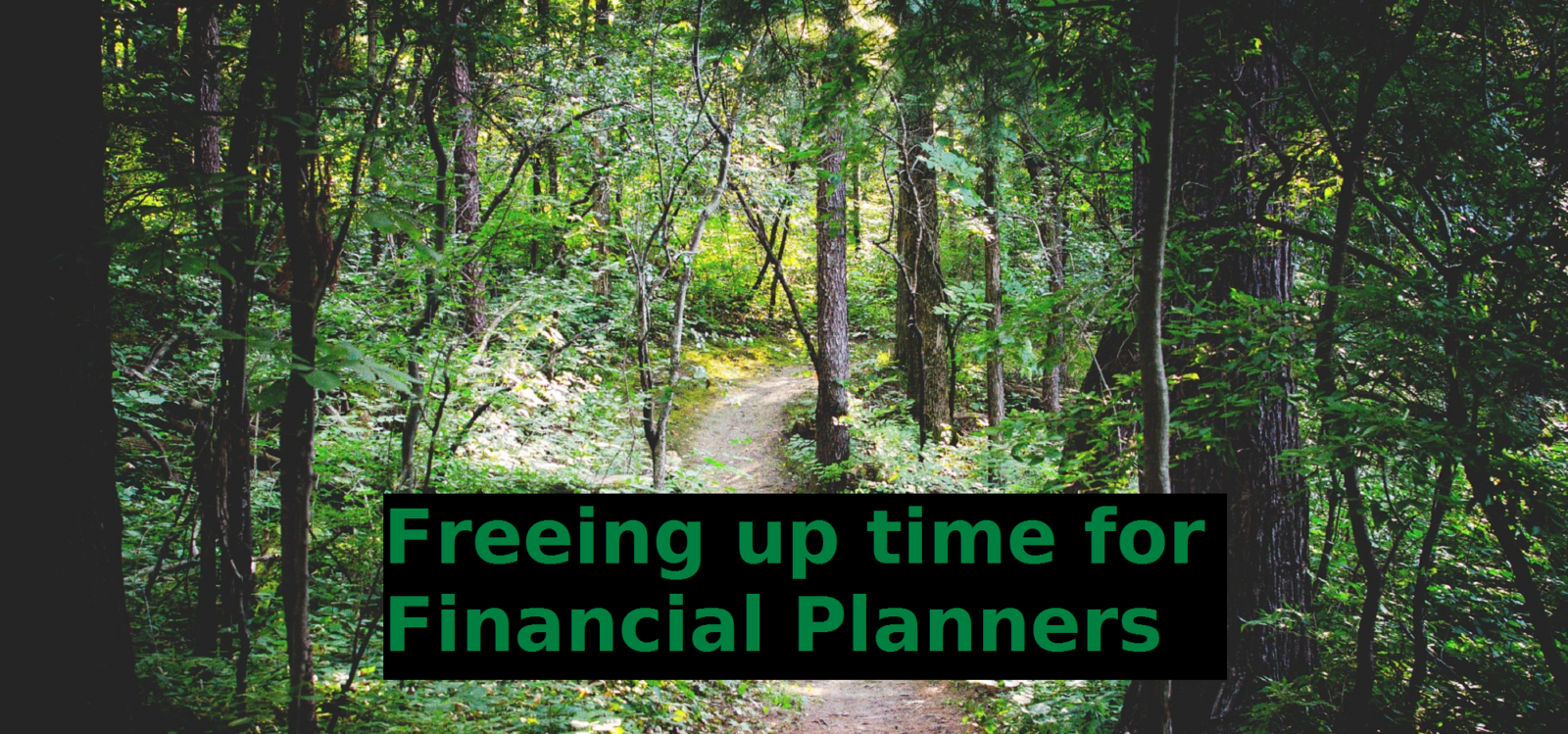
Minnesota and Federal student loan forgiveness and repayment programs for health care workers
Public service loan forgiveness isn’t the only way to get your student loans forgiven, depending on your profession and employer. Already this fall we covered hospital registered nurse loan forgiveness through a new Minnesota program. Next we’re going to cover a few other existing programs in Minnesota and elsewhere.
Minnesota Health Care Loan Forgiveness Programs
There are a multitude of student loan forgiveness programs offered by the state for Minnesota employees in health care. The current application cycle for these programs, which include professions such as dentists, mental health professionals, advanced practice providers, long term care nurses, pharmacists, and public health nurses, is open now through January 6, 2024.
Minnesota State Loan Repayment Program (SLRP)
There’s also the Minnesota State Loan Repayment Program, which is for primary care providers in rural and urban Minnesota. While the list of provider types is quite large, it’s a 2 year prospective commitment to work “at a program-approved site located within a federally designated Health Professional Shortage Area“. The current application cycle is closed, and will re-open in fall 2024.
Federal Health Care Scholarship and Loan Repayment Programs (FLRP)
Minnesota also maintains a central roundup page full of federally funded programs in health care, here.
Rural service programs
Finally, federally and in many states there are programs to encourage health care workers to work specifically in rural locations, as most providers gravitate towards more suburban and urban employers.
Minnesota has the Minnesota Rural Physician Loan Forgiveness program, with a $33k per year repayment amount and a 3-4 year commitment; applications open through January 6, 2024.
Nationally there’s the NHSC Rural Community Loan Repayment Program, for dealing with opioid problems in rural communities.
Many other states also have rural health programs, like this one in Michigan, this one in Wisconsin, plus Iowa, North Dakota, and South Dakota. You can find a curated list of opportunities through the Rural Health Information Hub.